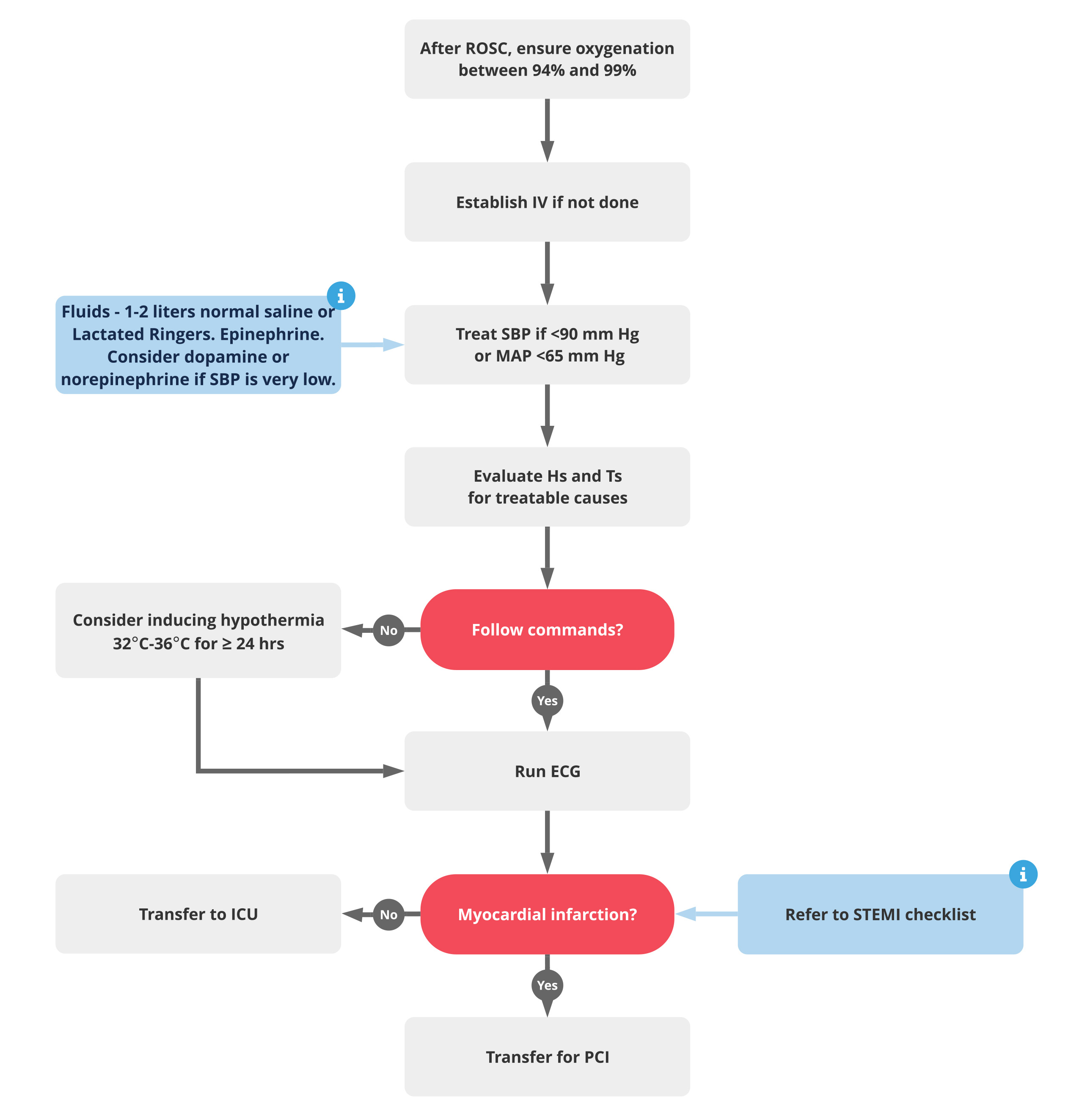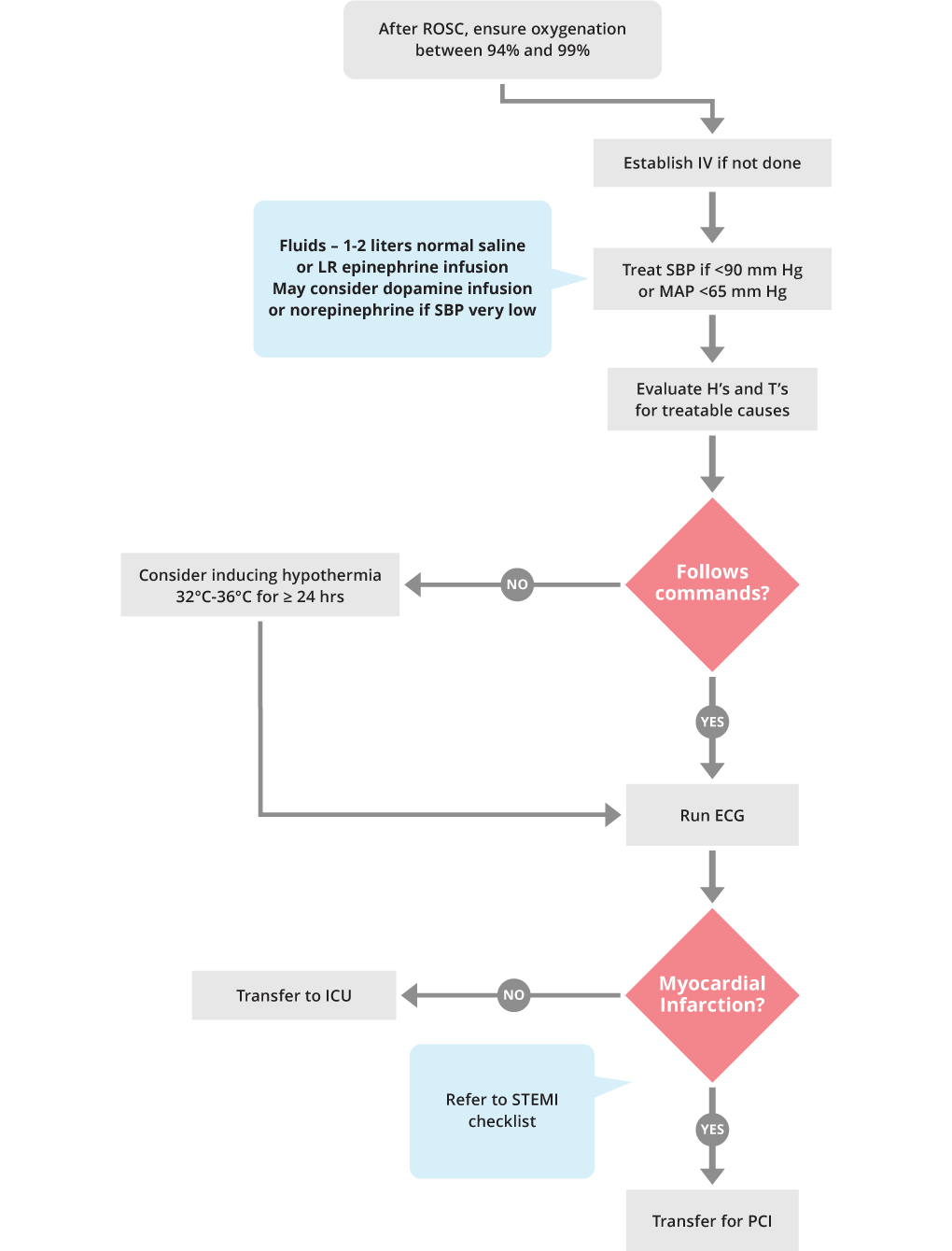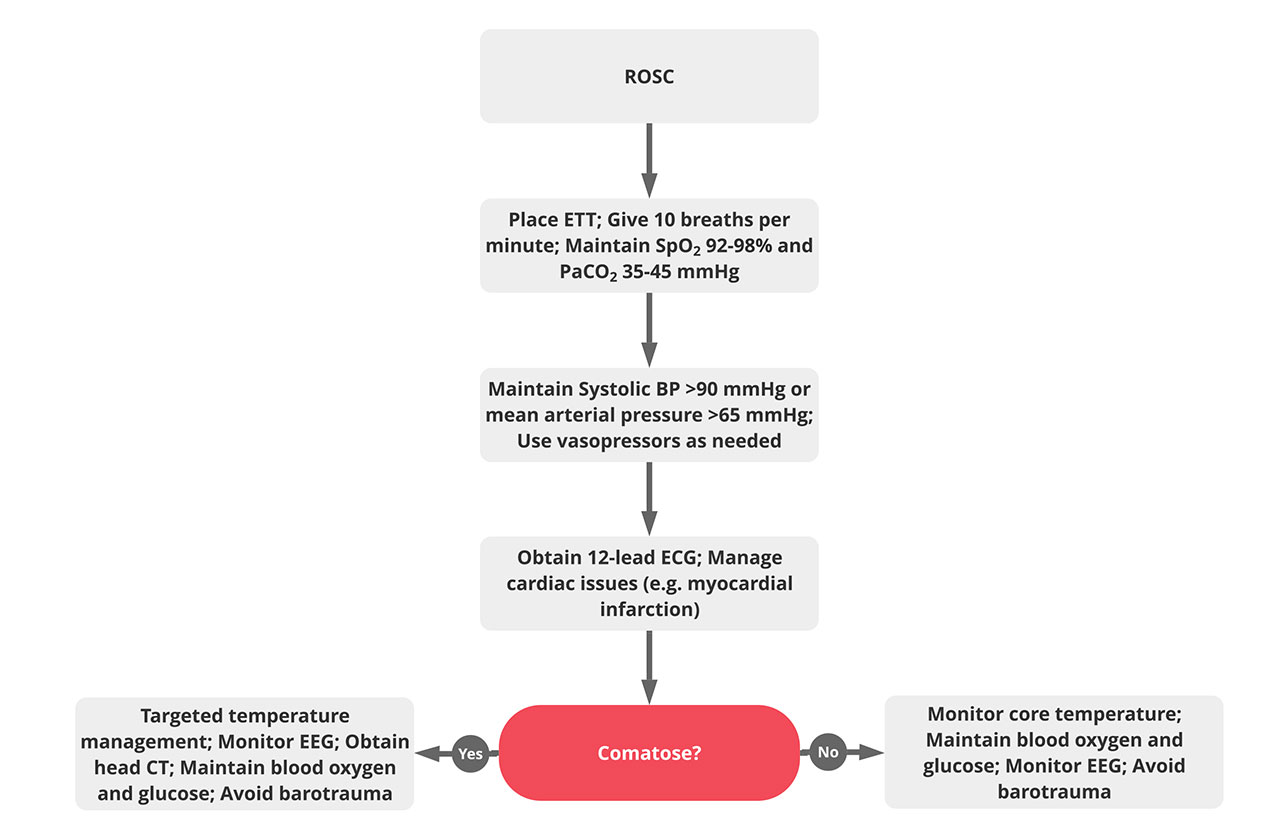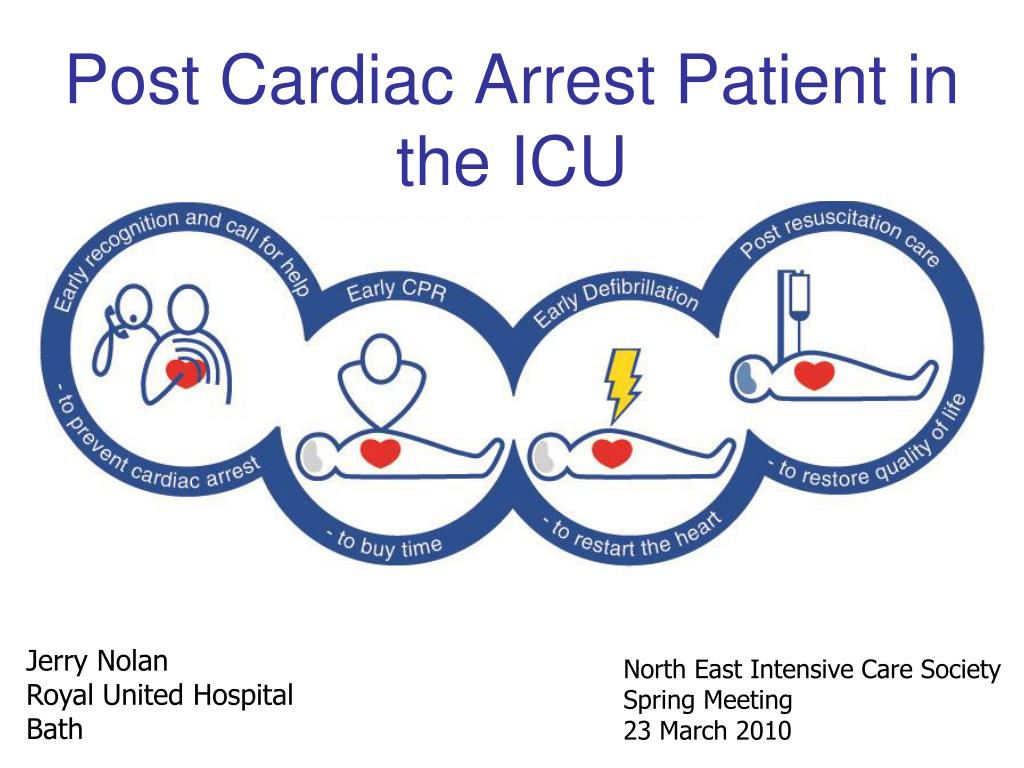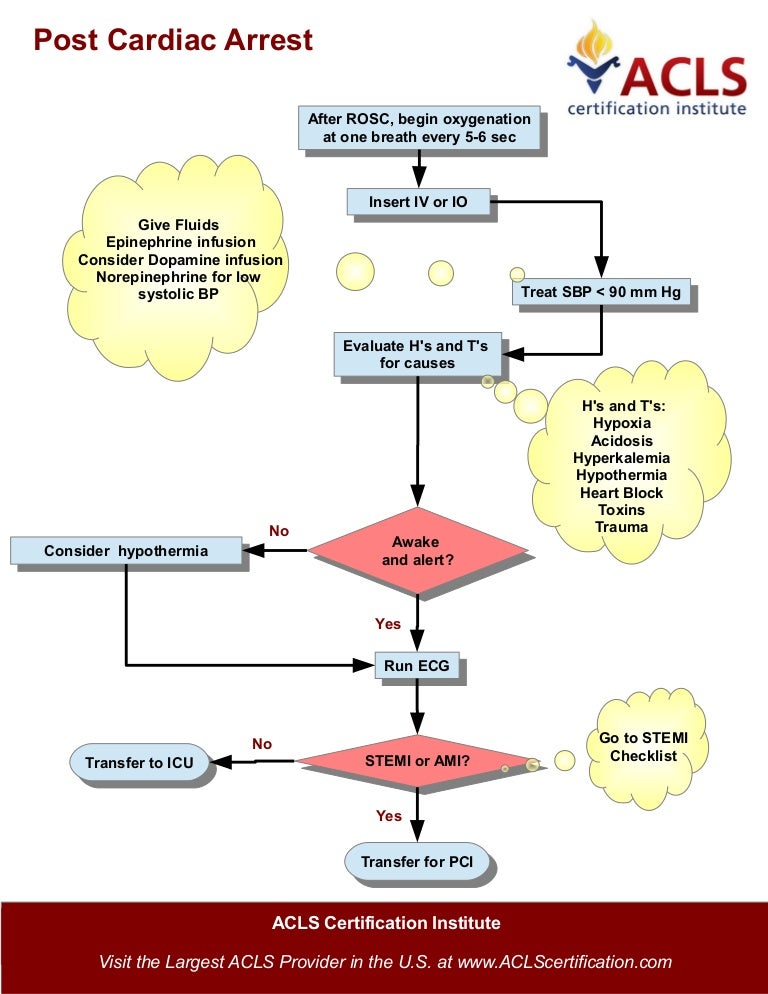What Is The Primary Purpose Of Post Cardiac Arrest Care - Pcas is a pathophysiologic response to cardiac arrest that has 4 key components: In children and infants, cardiac arrest most often arises from which. Besides improvements in cardiopulmonary resuscitation maneuvers, the great increase in survival rates observed in recent decades is.
Pcas is a pathophysiologic response to cardiac arrest that has 4 key components: In children and infants, cardiac arrest most often arises from which. Besides improvements in cardiopulmonary resuscitation maneuvers, the great increase in survival rates observed in recent decades is.
Besides improvements in cardiopulmonary resuscitation maneuvers, the great increase in survival rates observed in recent decades is. In children and infants, cardiac arrest most often arises from which. Pcas is a pathophysiologic response to cardiac arrest that has 4 key components:
Pediatric PostCardiac Arrest Care A Scientific Statement From the
In children and infants, cardiac arrest most often arises from which. Besides improvements in cardiopulmonary resuscitation maneuvers, the great increase in survival rates observed in recent decades is. Pcas is a pathophysiologic response to cardiac arrest that has 4 key components:
ACLS Post Cardiac Arrest Care Algorithm ACLS Medical Training
In children and infants, cardiac arrest most often arises from which. Pcas is a pathophysiologic response to cardiac arrest that has 4 key components: Besides improvements in cardiopulmonary resuscitation maneuvers, the great increase in survival rates observed in recent decades is.
ACLS Post Cardiac Arrest Care Algorithm ACLS Medical Training
Pcas is a pathophysiologic response to cardiac arrest that has 4 key components: Besides improvements in cardiopulmonary resuscitation maneuvers, the great increase in survival rates observed in recent decades is. In children and infants, cardiac arrest most often arises from which.
ACLS Algorithm Review Immediate PostCardiac Arrest Care Algorithm
Pcas is a pathophysiologic response to cardiac arrest that has 4 key components: In children and infants, cardiac arrest most often arises from which. Besides improvements in cardiopulmonary resuscitation maneuvers, the great increase in survival rates observed in recent decades is.
PostCardiac Arrest Algorithmv ACLS Guidelines
In children and infants, cardiac arrest most often arises from which. Pcas is a pathophysiologic response to cardiac arrest that has 4 key components: Besides improvements in cardiopulmonary resuscitation maneuvers, the great increase in survival rates observed in recent decades is.
Adult Immediate PostCardiac Arrest Care (ROSC) GlobalRPH
Besides improvements in cardiopulmonary resuscitation maneuvers, the great increase in survival rates observed in recent decades is. Pcas is a pathophysiologic response to cardiac arrest that has 4 key components: In children and infants, cardiac arrest most often arises from which.
PPT Post Cardiac Arrest Patient in the ICU PowerPoint Presentation
In children and infants, cardiac arrest most often arises from which. Pcas is a pathophysiologic response to cardiac arrest that has 4 key components: Besides improvements in cardiopulmonary resuscitation maneuvers, the great increase in survival rates observed in recent decades is.
Adult Post Cardiac Arrest Care Algorithm
Besides improvements in cardiopulmonary resuscitation maneuvers, the great increase in survival rates observed in recent decades is. Pcas is a pathophysiologic response to cardiac arrest that has 4 key components: In children and infants, cardiac arrest most often arises from which.
Postcardiac arrest care algorithm. SpO2, oxygen saturation; PaCO2
In children and infants, cardiac arrest most often arises from which. Pcas is a pathophysiologic response to cardiac arrest that has 4 key components: Besides improvements in cardiopulmonary resuscitation maneuvers, the great increase in survival rates observed in recent decades is.
Part 9 PostCardiac Arrest Care Circulation
Besides improvements in cardiopulmonary resuscitation maneuvers, the great increase in survival rates observed in recent decades is. In children and infants, cardiac arrest most often arises from which. Pcas is a pathophysiologic response to cardiac arrest that has 4 key components:
Besides Improvements In Cardiopulmonary Resuscitation Maneuvers, The Great Increase In Survival Rates Observed In Recent Decades Is.
In children and infants, cardiac arrest most often arises from which. Pcas is a pathophysiologic response to cardiac arrest that has 4 key components:

